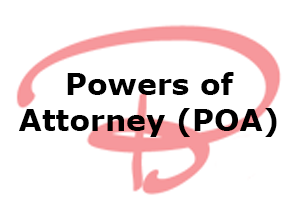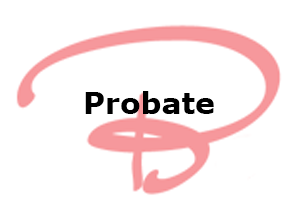Estate Administration Lawyers Gold Coast
What is a deceased estate?
A deceased estate is what remains of an individual’s real and personal estate after their death.
Who is responsible for administering a deceased estate?
If the deceased person had a Will, the person/s identified in that Will as the Executor will be required to administer the deceased estate, unless they chose not to accept the appointment as Executor and renounce the title.
If there is no Executor (which may be due to the absence of a valid Will or the named executor may have predeceased the Testator etc.) then the next of kin, such as a spouse, can take on the role of administering the deceased estate. This person is then called the Administrator.
An Executor or an Administrator of a deceased estate may also be referred to as a Personal Representative.
What does it mean to administer a deceased estate?
Administering a deceased estate requires the Personal Representative to wind up the estate to the point where it is capable of distribution to the beneficiaries, leaving no debts owed to or by the estate.
The process often involves, but is not limited to:
- locating the Will and notifying the beneficiaries of their entitlements;
- applying for a Grant;
- collecting, securing and managing the estate assets;
- opening estate bank accounts to receive estate funds;
- obtaining valuations of the assets;
- paying any debts and finalising liabilities;
- selling assets required to be sold;
- making relevant notifications;
- lodging final tax returns;
- preparing financial statements; and
- distributing estate proceeds to the beneficiaries.
The Personal Representative is also required to defend the Will if someone commences proceedings against the estate.
A list of the duties of the Personal Representative can be found in section 52 of the Succession Act 1981.
What if there is more than one Executor?
Where the Will appoints more than one person as the Executor at one time, the powers of the Personal Representative must be exercised by them jointly. If more than 4 people are appointed as the executor in the Will, only the first 4 named will be granted Probate.
Can a Personal Representative be remunerated for their work in administering the deceased estate?
The Court may authorise a payment to the Personal Representative for remuneration or commission for their services. The payment will be what the court finds fit and conditions may be attached to the payment.
How long does it take to administer a deceased estate?
Depending on the circumstances, the process can take anywhere from a few months to a few years. Disputes can arise which can significantly delay the process. An interested person has six months to notify the Personal Representative that they intend to contest a Will so distribution should not occur before that time has passed.
Are Personal Representatives exposed to personal liability when administering a deceased estate?
If a Personal Representative fails to perform their duties, an aggrieved person may make an application to the court for an order, which may include damages and an order requiring the Personal Representative to pay interest on sums of money that have been in the Personal Representative’s hands and the costs of the application.
Personal Representatives also have fiduciary duties in relation to the estate and the beneficiaries. A Personal Representative’s primary duty is to act in the best interest of the estate. In the absence of express written consent from the beneficiaries, a Personal Representative must not put themselves in a position where a conflict of interest exists.
The Succession Act 1981 provides protection for Personal Representatives in certain circumstances.
Personal Representatives wishing to limit their exposure to personal liability should seek legal advice as early as possible to ensure that they understand their obligations and avoid making potentially costly errors.
Estate Administration can be complex. Boorman Lawyers can assist Personal Representatives in understanding and carrying out their obligations. Contact us on 1300 941 900 to learn more.
Related Topics
NSW TRAFFIC LAW
QLD TRAFFIC LAW
CRIMINAL LAW
NEW SOUTH WALES
Assault & Violent Offences
Apprehended Violence Orders (AVO)
Drug Offences
Conduct & Offensive Language Offences
Firearms & Weapons Offences
Fraud & Stealing Offences
QUEENSLAND
Assault & Violent Offences
Domestic Violence Orders (DVO)
Drug Offences
Conduct & Offensive Language Offences
Firearms & Weapons Offences
Fraud & Stealing Offences
COMMONWEALTH
Centrelink Fraud
Corporate Crimes
Drug Importation
WILLS & ESTATES LAW
MORE INFORMATION
Boorman Lawyers NSW & QLD Solicitors
Brisbane QLD 4000
Gold Coast QLD 4217
Sydney NSW 2000
1300 941 900
Office Hours:
Monday: 8:30am-6pm
Tuesday: 8:30am-6pm
Wednesday: 8:30am-6pm
Thursday: 8:30am-6pm
Friday: 8:30am-6pm
5 Star Google Reviews
![]()








